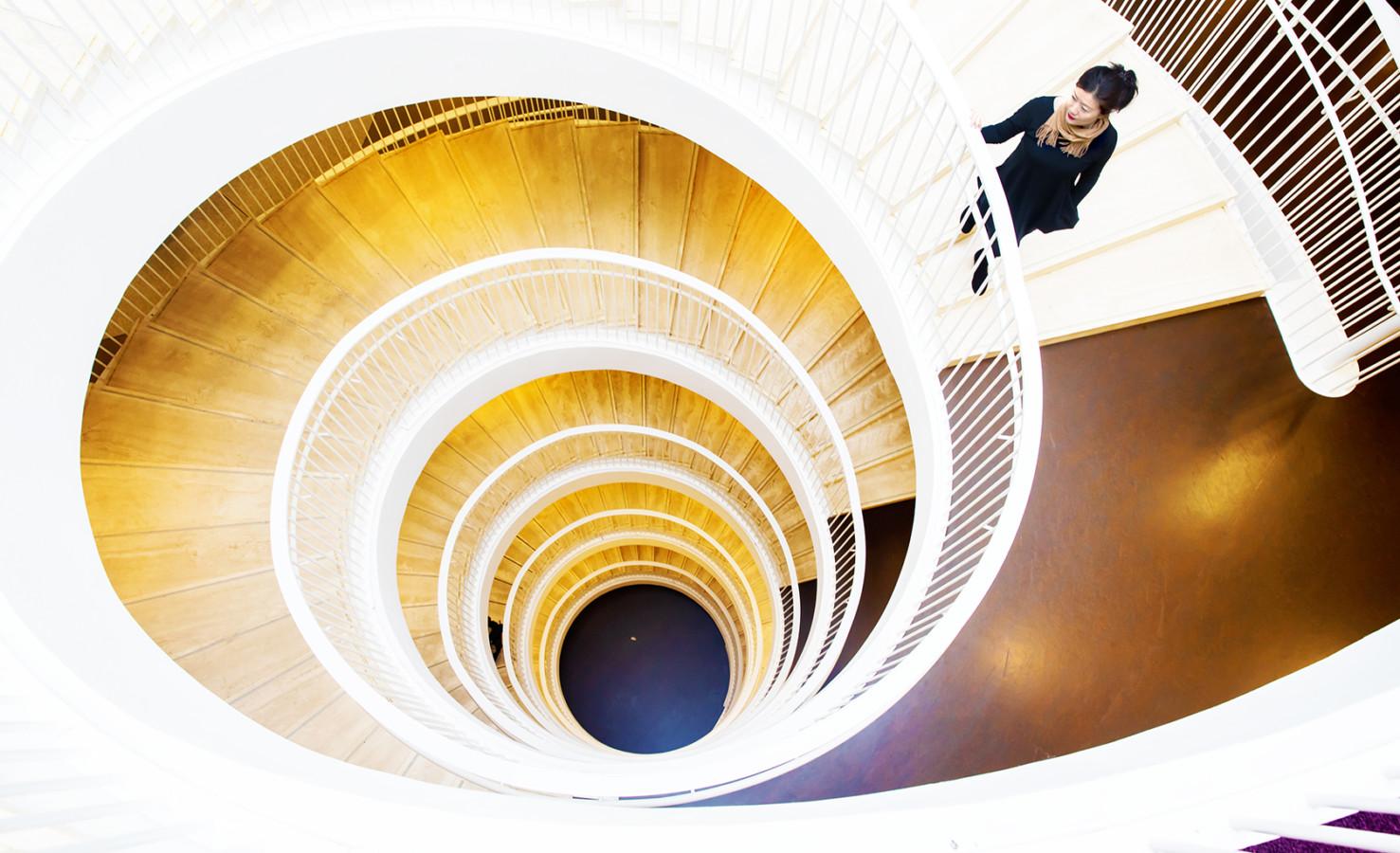The City of Helsinki has recognised the importance of circular and sharing economy for solving major sustainability challenges. Circular economy projects are launched in collaboration with the business community and citizens.
Helsinki seriously furthers circular and sharing economy. To this end, the City has published a Roadmap for Circular and Sharing Economy. The roadmap identifies four focus areas, namely Construction, Procurements, Green waste, and the new possibilities opened up by Sharing economy.
The road map provides important signposts towards a more sustainable management of climate, natural resources and business. The City of Helsinki wants to build a future where goods aren’t produced from new raw materials just to be consumed and thrown away, but where, instead, diminishing natural resources are saved when materials circulate efficiently.
At the same time, a circular economy is an efficient tool for curbing climate change: when the use of virgin raw materials is reduced, carbon dioxide emissions diminish, too.
Circular economy throughout the construction process
The built environment consumes almost half of the materials produced globally every year. In Helsinki, the circular economy aspect will be present at all stages of construction, namely land use planning, pre-construction of urban developments, infrastructure and building construction, building maintenance and demolition. Planning seeks to support the preservation of existing buildings. Construction projects pilot various criteria for circular economy, and solutions that work are taken into use. The lifecycle costs of projects are exposed.
Two-billion annual procurements comply with ciruclar economy criteria
The City of Helsinki makes procurements worth more than two billion euros every year. This equals approximately 40 per cent of the City’s expenses. When criteria that promote circular economy are added to procurements, it can substantially reduce the consumption of materials, waste production, and transport-related emissions.
A goal of the Circular and Sharing Economy Roadmap is to apply, phase by phase, the criteria of circular economy on all purchases made by the City. Relevant commodity procurement instructions are made for the City administration and its administrative sectors, with the objective of optimising purchase volumes and making the use of materials and commodities more efficient. The idea is also to find out for what kind of commodities it is more favourable in terms of lifecycle effects to purchase services rather than goods. The criteria for the procurements of the City are supplemented by criteria that make products last longer. Procurements of furniture for the City’s premises will, in future, primarily be made via the City’s own recycling website.
Closed circulation of green waste and nutrients
The objective of the City’s own operations is to move towards a closed circulation of green waste and nutrients. The processing of green waste from parks and green areas will be developed and improved so that the value of materials remains as high as possible and nutrients are re-used efficiently. This also reduces emissions from the processing and transport of waste. New methods of processing green waste will be piloted such as using it for plantings, or chipping branches and twigs on the spot, and cooperation with private operators and other municipalities in Helsinki Metropolitan Area will be increased.
Sharing economy an integral part of urban planning
Sustainable growth and job growth in business related to circular and sharing economy require new innovations and cooperation between various actors. In this context, the City of Helsinki wants to provide important platforms and opportunities.
One goal is to enable partnerships where various businesses and groups produce added value for each other by means of circular economy. They can, for example, use each other’s redundant materials and share technologies with one another.
The City of Helsinki already provides vacant premises that citizens can book online for various kinds of work or meetings. The utilisation of such premises will be made even more efficient. Already when planning service facilities for the City, solutions will actively be sought that further the efficient use of premises and avoid unnecessary construction. The goal is to make efficient space utilisation and sharing economy solutions an integral part of urban planning.
As its main focus is on shared use or renting of commodities rather than on buying them, the sharing economy reduces emissions and waste.
The City of Helsinki’s Roadmap for Circular and Sharing Economy was approved in May 2020. Drawing it up was one of the measures included in the Carbon Neutral Helsinki 2035 programme. Besides the focus areas selected for the Roadmap, the City of Helsinki also furthers other measures closely related to circular economy, such as reducing food wastage and sorting and recycling waste.
The putting into practice of the measures mentioned in the Roadmap can be followed (in Finnish) on https://ilmastovahti.hel.fi.

